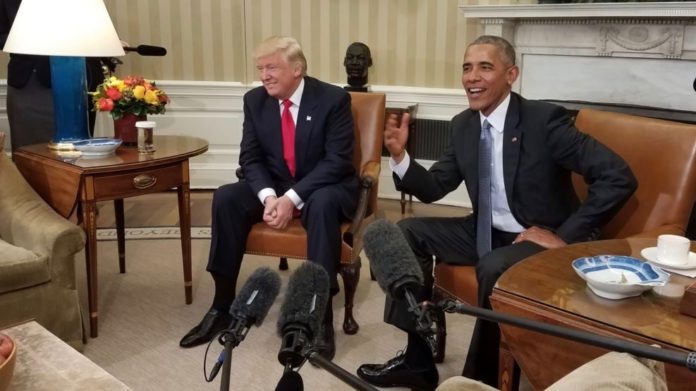President Obama’s last major healthcare initiative and final report on the Mental Health and Substance Use Disorder Parity Task Force announced in October plans to combat opioid dependence by requiring insurance providers to fully cover the costs of treatment for substance abuse and mental health disorders.
But with President-elect Donald Trump taking the Oath of Affirmation in January, the fate of President Obama’s latest effort to combat opioid dependence is unclear.
The report issued last month stated that the Obama Administration has taken necessary steps to “ensure that insurance coverage for health care services for mental health and substance use disorder is comparable to — or at parity with — general medical care.”
Essentially it is a recognition by the federal government that mental health and addiction issues are as pertinent to health care coverage as physical ailments and calls on insurance companies to acknowledge and abide by the laws that they have been circumventing.
The mental health parity law aims to enforce the elimination of the limits that insurance companies put on the treatment and prescription drugs for illnesses like mental disorders and drug addiction. Another detail of the parity laws stated by the Obama Administration is that insurers cannot require a doctor’s note for treating opioid addiction with necessary medications if they do not limit the distribution of similar drugs used for physical pain relief.
The parity laws are a response to America’s opioid epidemic in which just under 2 million people are physically dependent upon an opioid painkiller; 23 percent of those people are expected to move on heroin due to its economic advantage over prescription drugs. Opioid prescriptions skyrocketed from 76 million in 1991 to 207 million in 2013. In the wake of rampant painkiller addiction, the update seeks to enforce the laws already established in order to tackle growing drug addiction rates and mental illnesses that are often related to substance abuse disorders.
The parity laws, introduced in 2008 with the Mental Health Parity and Addiction Equity Act, pushed to include all mental illnesses under the same health coverage as other chronic diseases like cancer and heart disease. The act determined that it is unlawful to put limitations on mental health disorders that are… (continue reading)
















